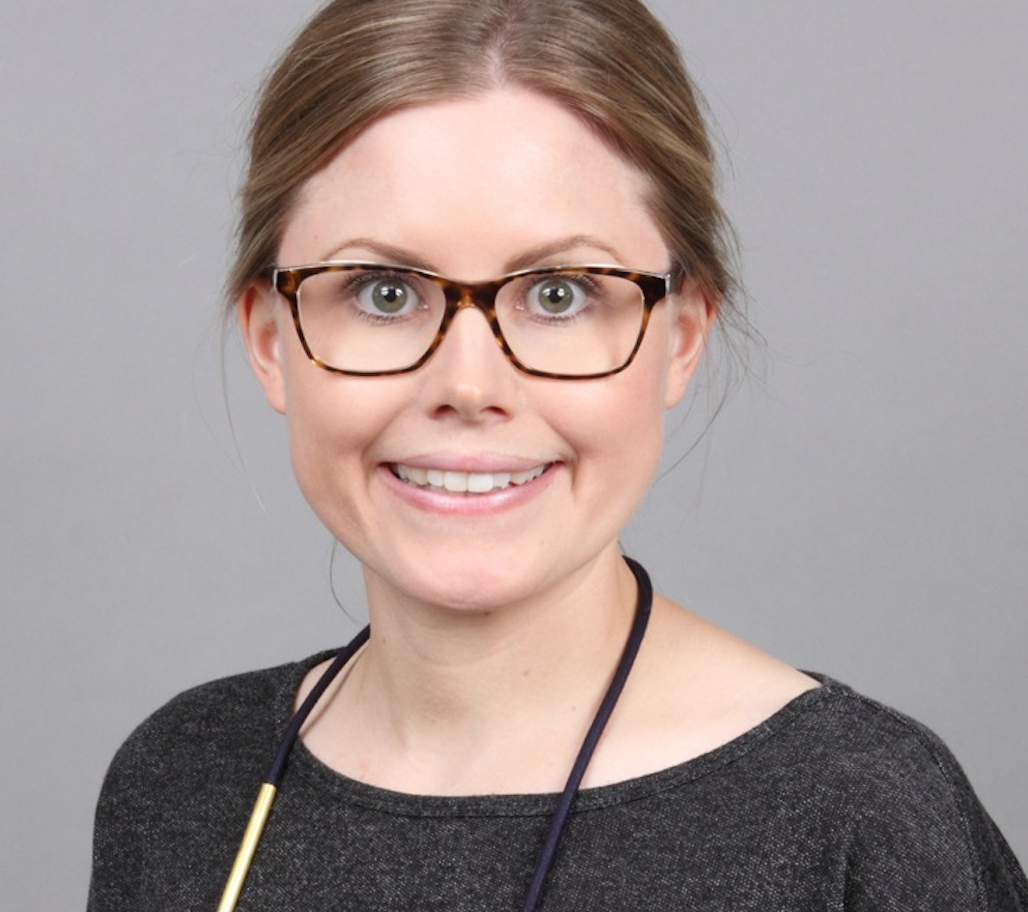The prizes, each worth EUR 10,000, have been awarded by an independent scientific committee. The Bayer foundation presents these Early Excellence in Science Award to excellent young scientists and physicians in the early stages of their academic and clinical research careers. The prizes will be awarded on June, 25th at the Bayer Foundation Day in Berlin.
“Stroke is the second most common cause of death worldwide, responsible for almost seven million deaths each year. Of those who survive a stroke, five million are left disabled every year. Stroke may result in severely restricted movement, paralysis, loss of speech or vision, which may be permanent.” says Kate.
Kate is a clinician-neuroscientist who completed her Bachelor of Physiotherapy at James Cook University Townsville Australia, PhD in Rehabilitation Sciences at the University of Queensland Brisbane Australia, and the first phase of her National Health and Medical Research Council (NHMRC) of Australia Early Career Fellowship at the University of British Columbia Vancouver Canada. She is currently undertaking the second phase of her Early Career Fellowship at the Florey Institute of Neuroscience and Mental Health Melbourne Australia. Kate’s research to date has focused on upper limb rehabilitation as a model to understand the neurobiology of recovery post-stroke. Her work has demonstrated that current approaches to upper limb rehabilitation help patients recover a little bit of function, but do not enable patients to achieve large, clinically meaningful gains.

Current approaches are likely limited because they are one-size-fits-all; offering too little rehabilitation too late in the recovery timeline. Kate’s current work aims to leverage within human stroke trials the knowledge about neurobiology defined in preclinical models of stroke. Her clinical trials are designed to support development of new approaches that are focused on ‘right patient, time, intervention and dose’.
Kate’s work is aligned with the international vision of the Stroke Rehabilitation and Recovery Roundtable taskforce, of which she is a member.
“Research and science excellence play a central role for the life science company Bayer. I am delighted that these prizes give us the opportunity to support and motivate outstanding talents in Life Sciences and medicine,” said Kemal Malik, member of the Board of Management of Bayer AG responsible for Innovation, and member of the Board of Directors of the foundation. “Bayer’s innovation strategy has a long-standing history for exchange and partnership with academia. The promotion of up-coming leaders in research is an important element in our program. This early dialogue opens strategic partnership opportunities and thus is a key to future success of applied innovation,” continued Malik.
This international talent award was first presented in 2009. It is awarded in the three categories biology, chemistry and medical science. The selection is made on the basis of the originality and quality of candidates’ research and the significance of this work for the respective award category.